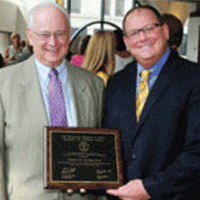Java Village Felony Lawyer, New York
Sponsored Law Firm
-
 x
x

Click For More Info:
-
Cohen & Bernstein, L.L.C.
1360 Clifton Ave #309 Clifton, NJ 07012» view mapCriminal Defense We’re In this Together!
We work hand in hand with our clients to ensure all of your questions are answered and progress through your legal issue is seamless.
800-978-7341
Not enough matches for Java Village Felony lawyer.
Below are all Java Village Criminal lawyers.
Anthony M. Bruce
✓ VERIFIED *Status is reviewed annually. For latest information visit hereMr. Bruce’s legal career has focused on criminal litigation. For 37 years, Mr. Bruce worked as Assistant United States Attorney in the United State... (more)
Dominic Paul Candino
✓ VERIFIED *Status is reviewed annually. For latest information visit herePersonal injury and criminal law is a complex collection of ever-changing legislation and case law. Many of those injured by a third party's negligen... (more)
Michael Meredith Mohun
James Quinn Auricchio
FREE CONSULTATION
CONTACT Lindsay Bernstein Clifton, NJ
Lindsay Bernstein Clifton, NJ Practice AreasExpertise
Practice AreasExpertise

